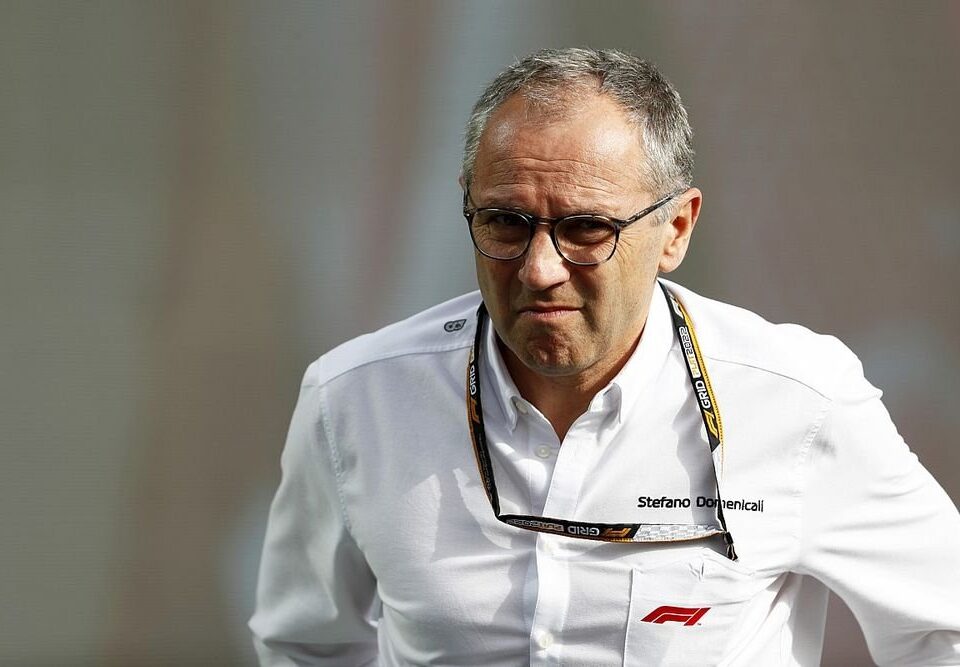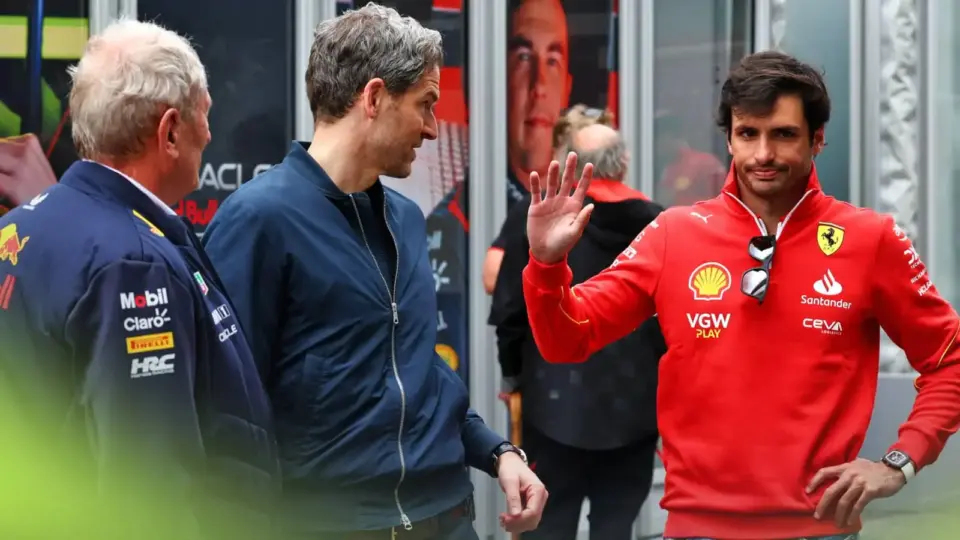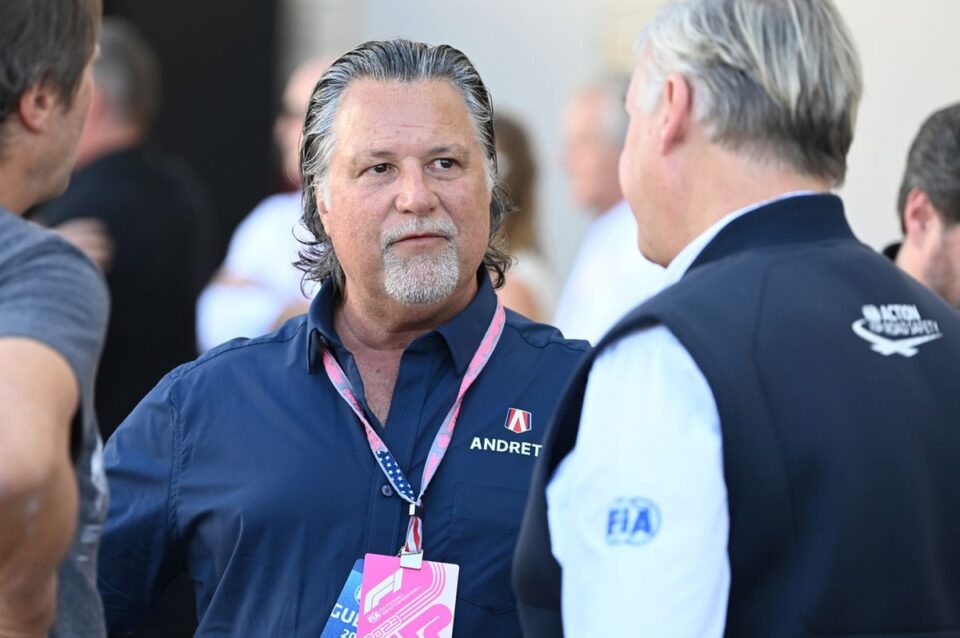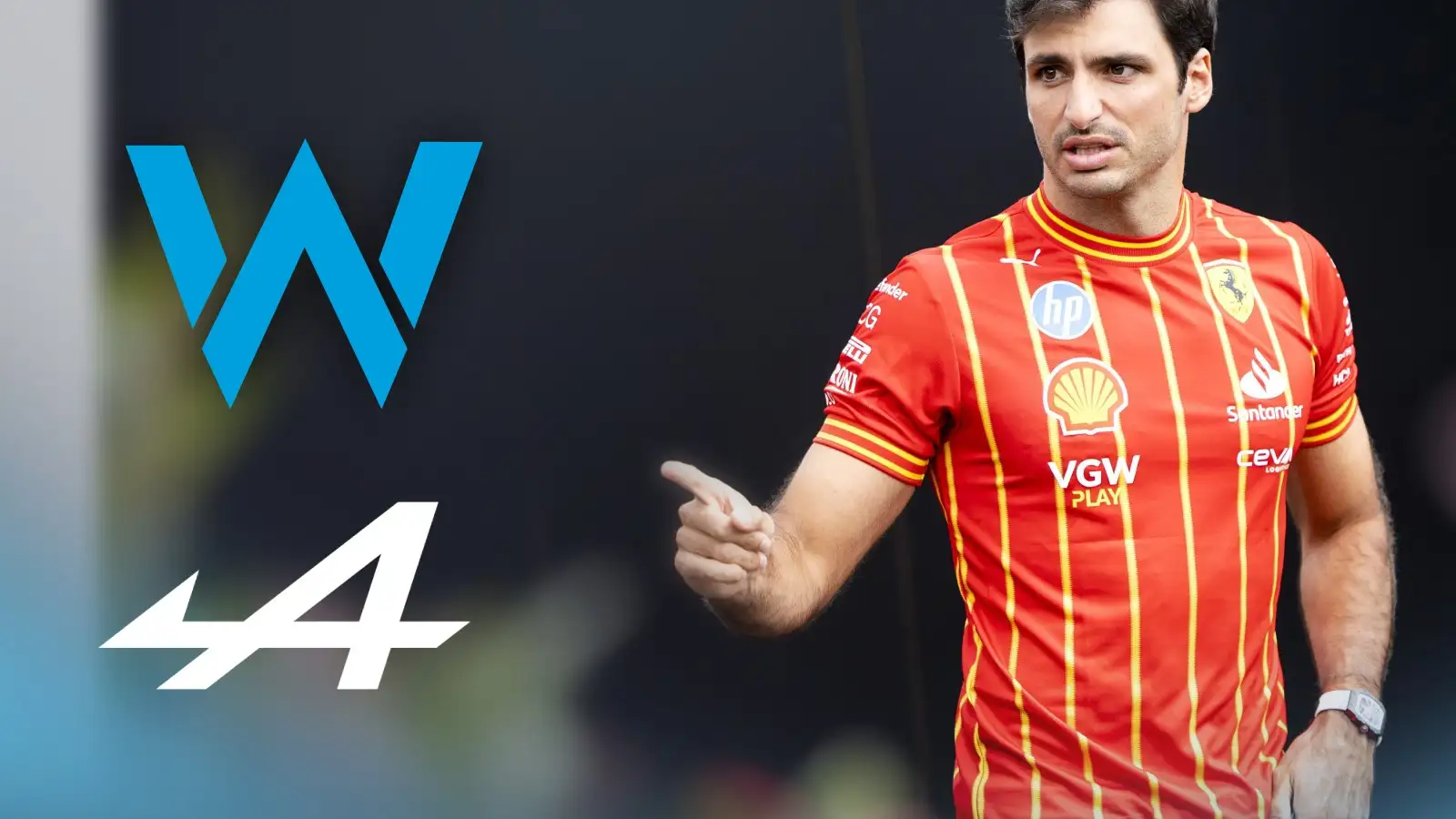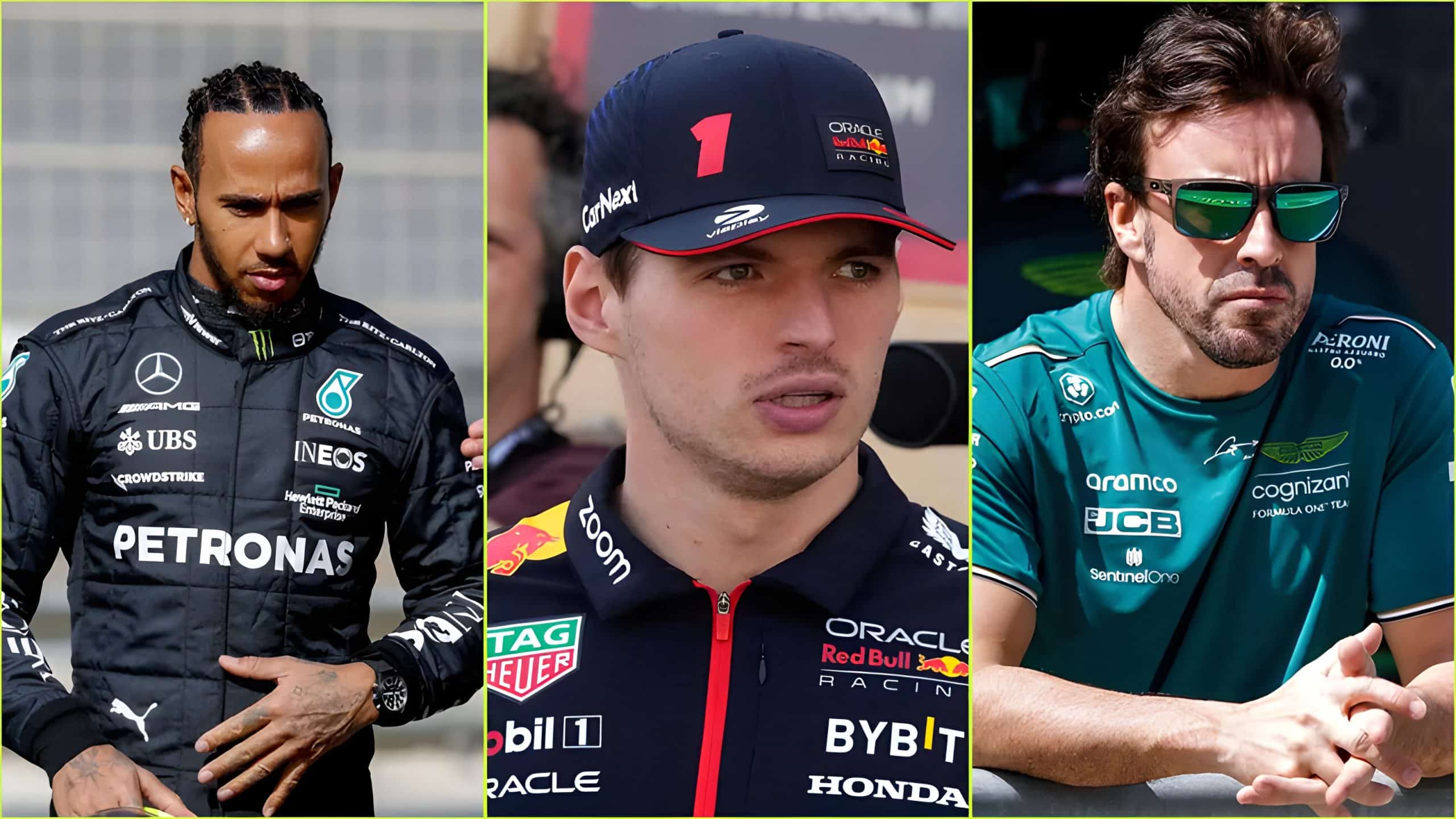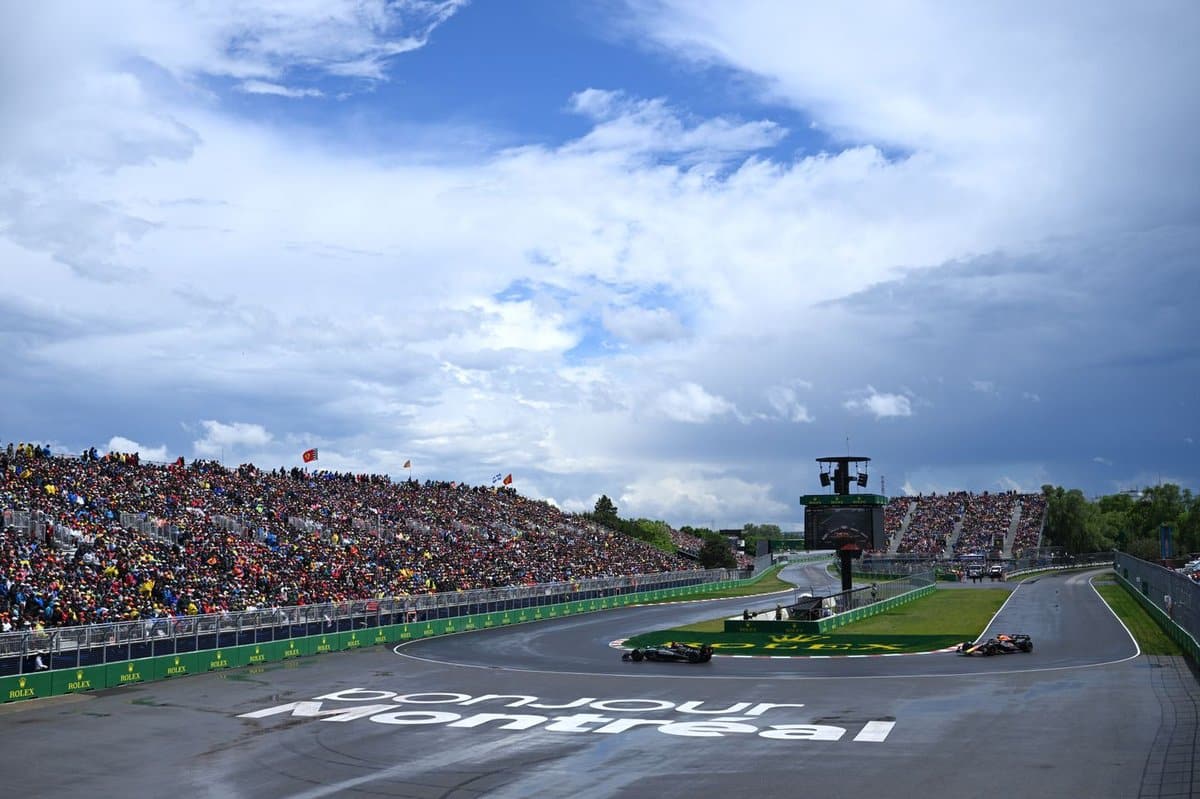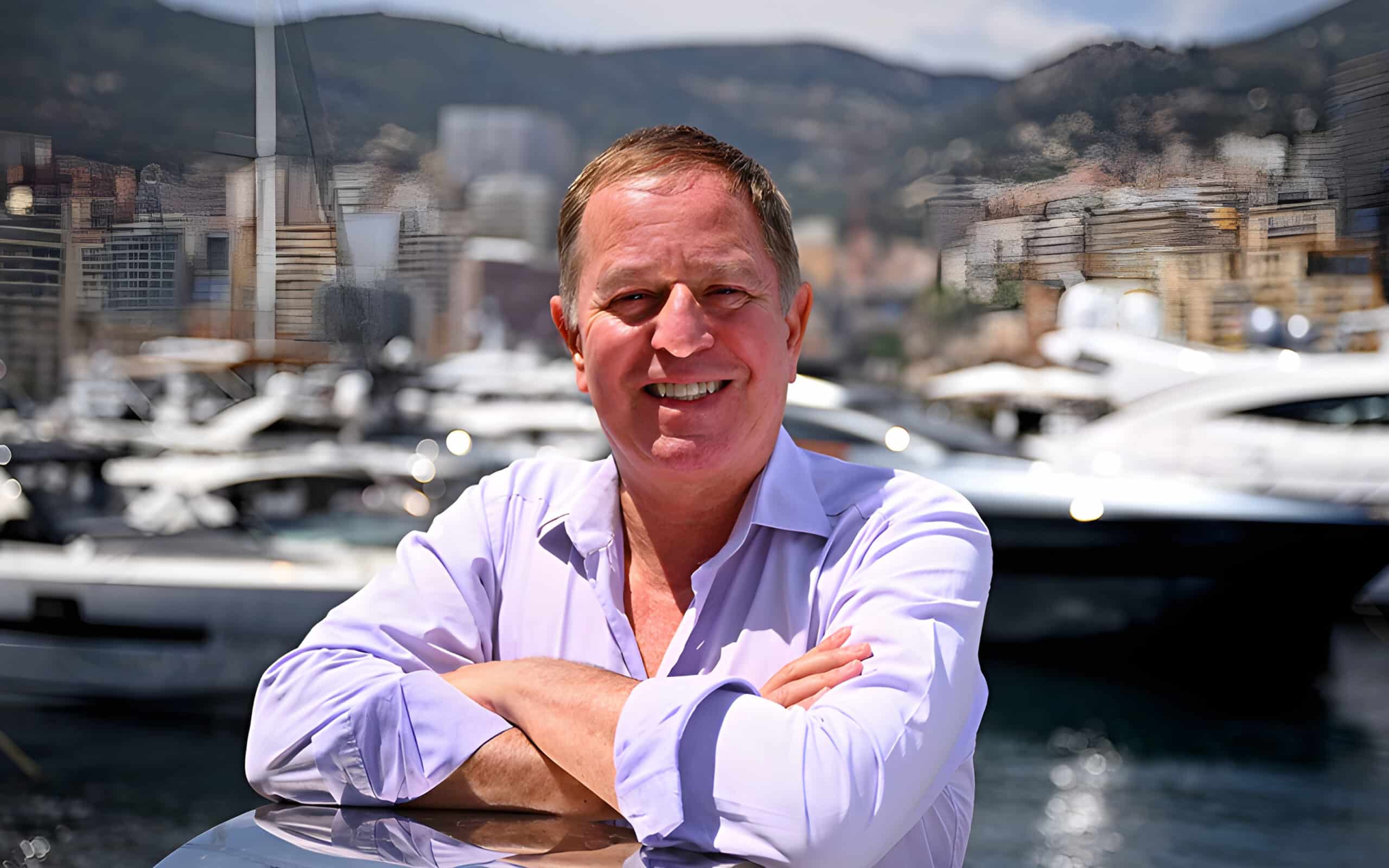Stefano Domenicali has stepped into the role once held by Bernie Ecclestone, taking the reins as president and chief executive of Formula One Group (FOM) on September 25, 2020. Despite the significant power he now wields, his ascent comes at a time of technological and regulatory upheaval in Formula One, a sport owned by Liberty Media.
Previously the head honcho at Ferrari, Domenicali brings a wealth of experience and insight into the dynamics of F1. He recently expressed skepticism about the FIA’s decision to stick with V6 turbo hybrid power units, citing their weight and reduced nimbleness compared to pre-2014 cars. Domenicali suggested that climate-neutral fuel might suffice but acknowledged that manufacturers’ desires influenced the direction.
Red Bull Racing pushed for a return to V8 engines running sustainable fuels, while major road car manufacturers like Mercedes, Porsche, and Audi lobbied for hybrids, claiming they reflect the future of road cars. However, the recent shift in consumer preferences towards electric vehicles has left F1 at a crossroads. The development delays, exacerbated by the global pandemic, pushed the introduction of new power units back to 2026.
In place of new power units, the FIA introduced the most significant car regulation changes in F1 history in 2022, focusing on ground effect floors to increase downforce. Red Bull mastered these changes and dominated initially, but their performance has waned, with Max Verstappen winning only three of the last nine Grand Prix.
As 2026 approaches, new power units and car design regulations aim to shake up the field once more. Domenicali is cautious, suggesting that a five-year regulatory cycle might be too short and could repeat past patterns of dominance seen with Mercedes and Red Bull. He stresses the importance of stability in regulations, citing the lack of significant technological advances in recent times as a reason to consider longer cycles.
Domenicali believes that the FIA’s strategy to regularly change regulations to prevent team dominance is outdated, especially with the introduction of financial restrictions and a handicap system for development resources. He proposes that if the 2026 car designs prove successful, those rules should stay in place for a decade while potentially phasing out hybrid power units by 2030.
In summary, Formula One’s future looks uncertain as it balances technological advancements with the need for regulatory stability. Domenicali’s vision is clear: longer cycles for car design rules and reconsidering the hybrid power units to ensure F1 remains the pinnacle of motorsport.
Stefano Domenicali’s tenure marks a pivotal moment for Formula One. His insights and leadership will likely shape the sport’s direction as it navigates the complexities of technological advancements and regulatory changes. The goal is to maintain F1’s position at the forefront of motorsport while adapting to the evolving landscape.
